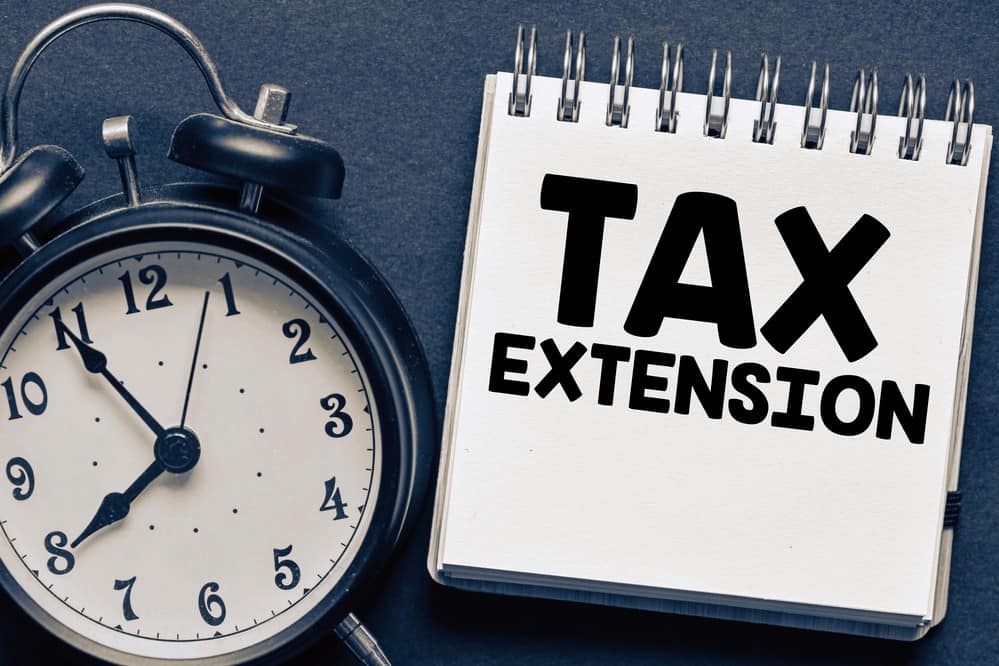A tax extension is a request for additional time to file your tax return. It is important to note that filing a tax extension does not give you extra time to pay any taxes due. Taxpayers may file Form 4868, Application for Automatic Extension of Time to File U.S. Individual Income Tax Return, to request an automatic six-month extension of time to file their tax return. This article will provide information on filing an IRS extension form and provide additional information on the filing process.
What Is an IRS Extension Form?
An IRS extension form is an application for an automatic six-month extension of time to file your individual income tax return. The form allows taxpayers to request additional time to complete and file their tax return. It is important to note that an extension of time to file does not provide additional time to pay any taxes due.
When Should You File an IRS Extension Form?
Taxpayers may file an IRS extension form any time before the filing deadline. The filing deadline for most individuals is April 15th. If April 15th falls on a weekend or holiday, the deadline is the next business day.
How to File an IRS Extension Form
Filing an IRS extension form is a simple process. Taxpayers can file the form online, on paper, or through a tax professional.
Online:
The easiest way to file an IRS extension form is online. Taxpayers can use the IRS Free File program to file an extension form. To use the program, taxpayers will need to provide basic personal information and will receive an immediate confirmation that their request has been accepted.
Paper:
Taxpayers may also file an extension form on paper. The form can be downloaded from the IRS website or requested by calling 800-TAX-FORM. The form must be completed, signed, and mailed to the address indicated on the form by the filing deadline.
Tax Professional:
Taxpayers may also use a tax professional to file an extension form. The tax professional can complete and submit the form for the taxpayer. The taxpayer will be responsible for any fees charged by the tax professional.
Conclusion
Filing an IRS extension form is a simple process. Taxpayers may file the form online, on paper, or through a tax professional. It is important to remember that filing a tax extension does not give the taxpayer extra time to pay any taxes due. Filing the extension form by the filing deadline will extend the time to file the tax return, but any taxes due must be paid by the filing deadline.







